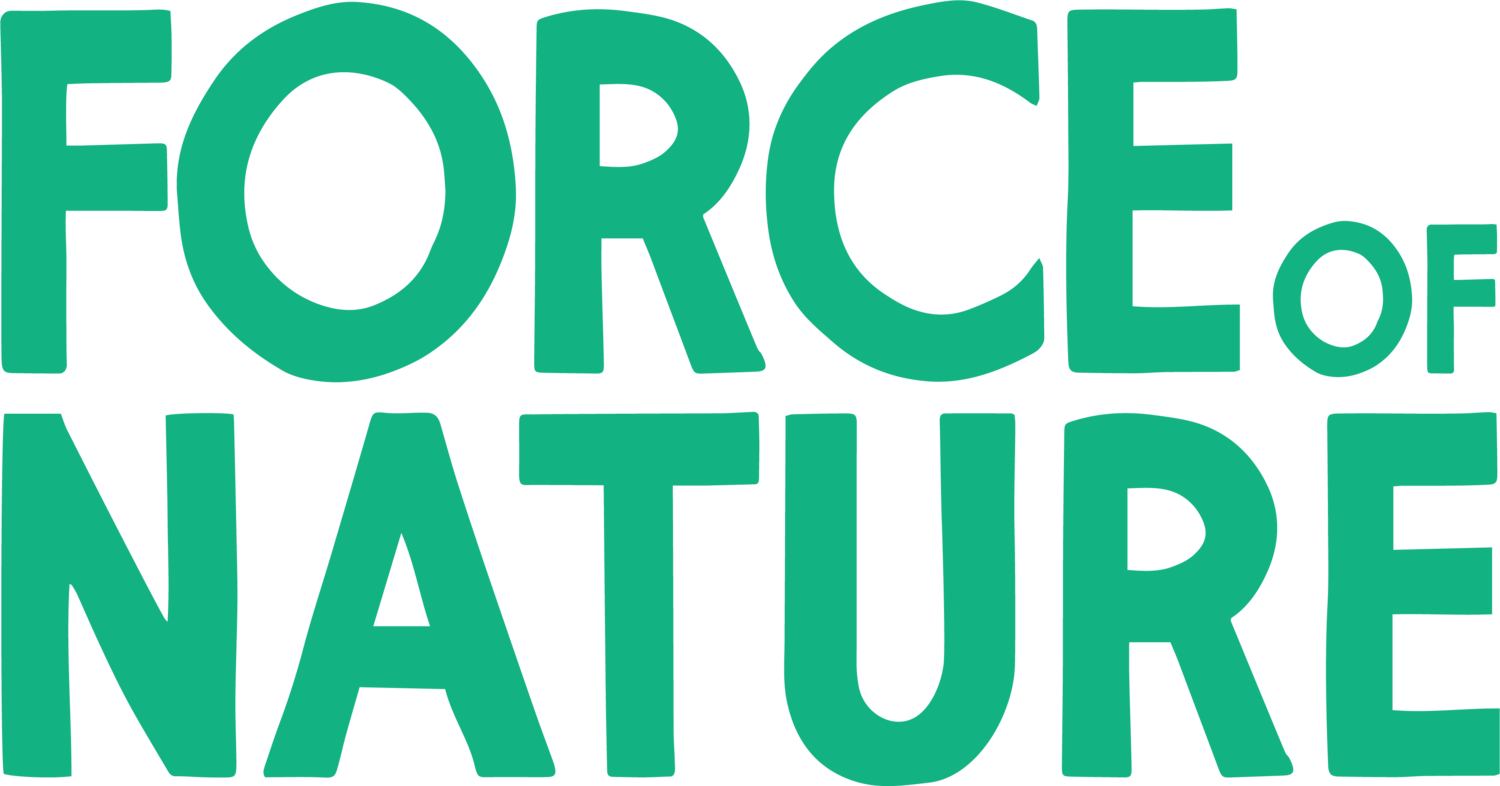Is the climate crisis racist?
We need to talk about eco-anxiety
Author: Shelot Masithi
Editors: Raquel Frescia, Sophie Palmer
My Story
My name is Shelot Masithi. I’m a 22-year-old environmental activist covered in dust and dryness of the vast water scarcity in South Africa. I find myself grappling with the bitterness of climate change, and the ever-growing environmental racism and inequality that touches every aspect of my life.
Coined in 1982 by Benjamin Davis, the African-American civil rights leader, environmental racism is the discriminatory and disproportionate burden of health hazards affecting communities of color through unjust policies and practices and “the history of excluding people of colour from leadership of the ecology movements.” Climate change has affected how I live, how I access basic human amenities, and my health: it traumatises me every single day. The climate crisis makes me feel anxious, depressed, and sometimes hopeless that the future is as good as not worth fighting for. While being anxious is caring about everything; being depressed is caring about nothing at all. Imagine coexisting with both. I have felt this internal conflict long enough to know it’s time for me to speak up.
Eco-Anxiety or Eco-Trauma?
I am unsure if eco-anxiety applies to me, or how I relate to the climate crisis, because I feel more traumatized than anxious. It’s traumatic to wake up every day unsure when your water will be cut; it’s traumatic to feel insignificant because the world doesn’t perceive you as colorful enough to be an environmental activist.
A month ago, I started a climate school program, She4Earth, to educate children and youths of African descent about climate change, but also as a way to cope with my own trauma. A safe space where participants can speak and be vulnerable without feeling attacked for being "overly sensitive", She4Earth.
All the knowledge about climate change, environmental conservation, and biodiveristy is not reaching people in remote areas, like rural villages. She4Earth is bridging that gap between education, social problems and ecological principles. Instead of talking about the problems, we’re planting fruit trees and setting up school gardens to halt food insecurity. With this school, I am changing the narratives within and about Africa.
Silenced in the Activism Sphere
Often when I step into environmental activism spaces, being Black is enough for me to feel excluded from the exact issues that dictate my everyday existence. Voices of the people of my kind are not underrepresented; they’re not amplified enough. There remains explicite inequality in environmental activism spaces.
Seeing Vanessa Nakate being cropped out of a picture last year by The Associated Press alerted me to how racism remains at the core of environmental issues. I stopped all my environmental work: I felt too insecure; too unseen to raise my voice as a Black activist.
Ten years ago, climate change and environmental degradation were not in the wider public’s consciousness, but Africa was already living the consequences. Finally - belatedly - these events are being reported and conversations are happening today. Yet we continue to be excluded from these same issues that choke our existence.
A Multitude of Voices
Voices of the people of colour, indigenous people, and people of African descent are not amplified in the issues that threaten our lives. “We are all in this together.” We may be; but climate change is not affecting all of us equally. To quote Isaias Hernandez, who features in Episode Four, Season Two of the Force of Nature podcast: "Although urban planners or scientists may have expertise in what to build and how to do it, what they miss is the component of cultural experiences - how those communities are designed and how they operate - so having people from those communities representing them is the best situation. We can not solve this climate crisis purely through 'experts'; we need a multitude of experts from different communities."
In a time where Africa is experiencing the worst of the climate crisis, her voice is still unheard. I speak of African climate experiences being dismissed and African voices being stolen; I speak of our perspectives being seen as irrelevant or shortcomings that warrant further analysis. We’re force-fed Western perspectives that barely speak to us.
The story of Earth is composed of the diverse collective narratives of its inhabitants. For many, the lack of understanding of this complexity produces disintegration, power hoarding, and insecurities that further create the “other”: separating “us” from “them”. In many published studies in academic journals, African collaborators fail to be referenced in the main piece; even less so in mainstream media sources.Climate change is ravaging the planet and causing suffering without rapid, comprehensive, and sustained action. Though solutions are known and brought forward, progress is slow, inhibited by the lack of diverse perspectives; perpetuating inequalities. Did you know that there are vast fires, rampaging the Congo forest? Unlikely. These fires, alongside many happening across the African continent, continue to go unreported by the mainstream press. We must therefore speak our truths, and stop our African voices being hidden in the footnotes.
We need to first have the difficult conversations about racism to move forward collectively for a common goal; a just and healed planet. The burdens of climate change may not affect us all equally; but we must all come together in unity to provide solutions. There is power in a global community - so let’s put an end to building racial and gender hierarchies on issues that concern the masses.
Where there’s eco-anxiety there has to be action. As an individual, environmental racism puts me under the magnifying glass, but the eco-anxiety that emanates from it is my greatest source of solutions. For example, She4Earth was founded during my heightened depression. So, When you do not fight against racism/racial inequalities, you become a qualified racist. Nurture your authenticity and armour yourself for action.
You can listen to Episode 4, Season Two of the Force of Nature podcast here.

